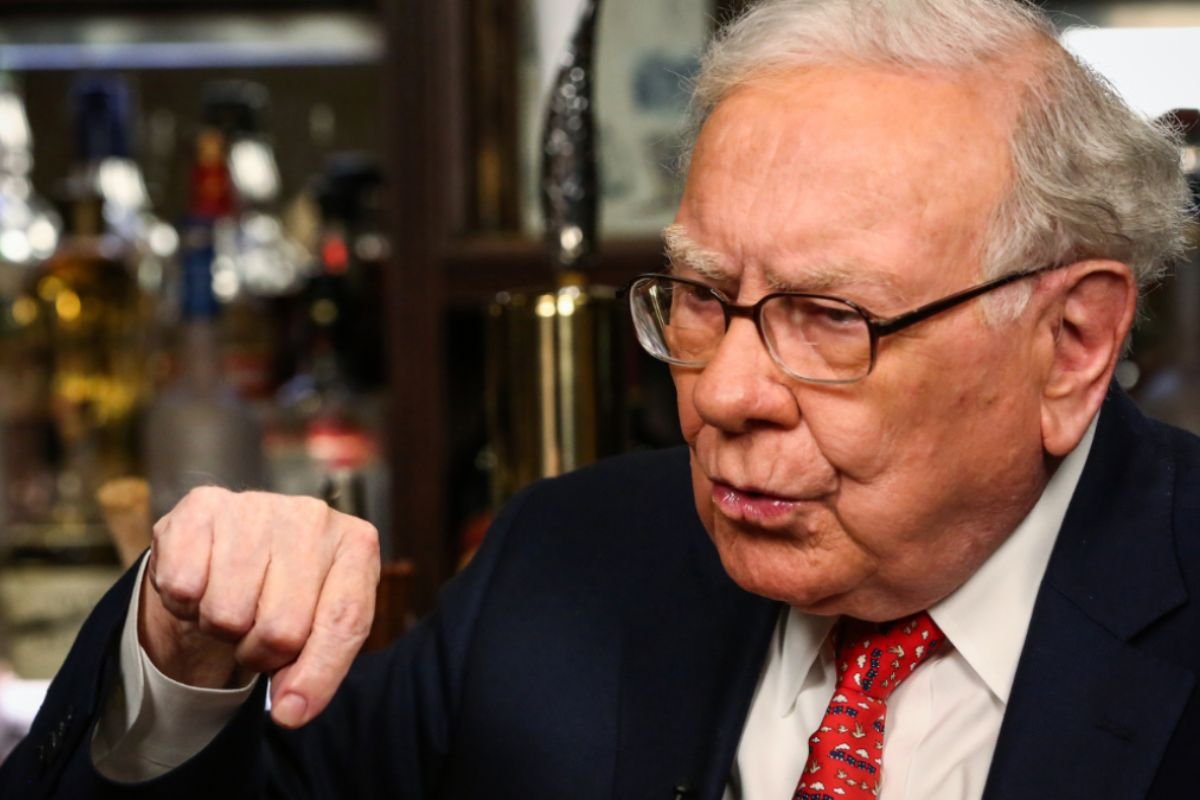In the dynamic landscape of contemporary leadership, democratic leadership has emerged as a pivotal approach, fostering collaboration, inclusivity, and empowerment within organizations. This article delves into the evolution of democratic leadership, its core principles, and its impact on team dynamics and organizational success.
Understanding Democratic Leadership:

Democratic leadership, also known as participative leadership, is characterized by shared decision-making, open communication, and collaboration among team members. Unlike autocratic or authoritarian styles, where power is concentrated in the hands of a single leader, democratic leaders empower their teams by soliciting input, considering diverse perspectives, and involving stakeholders in the decision-making process. This approach not only promotes a sense of ownership and accountability but also cultivates a culture of trust, respect, and innovation within the organization.
The Core Principles of Democratic Leadership:
1. Inclusivity and Participation:
At the heart of democratic leadership lies the principle of inclusivity, where every individual’s voice is valued and heard. Leaders actively engage employees at all levels of the organization, seeking their input and involvement in decision-making processes. By fostering a culture of participation, democratic leaders harness the collective wisdom and creativity of their teams, driving innovation and fostering a sense of belonging among employees.
2. Collaboration and Teamwork:

Democratic leadership emphasizes collaboration and teamwork as essential drivers of organizational success. Leaders encourage open dialogue, facilitate brainstorming sessions, and promote collaboration among team members to tackle challenges and achieve shared goals. By leveraging the diverse skills, experiences, and perspectives of their teams, democratic leaders foster a collaborative culture where individuals work together towards a common vision.
3. Empowerment and Autonomy:
Empowerment lies at the core of democratic leadership, as leaders delegate authority, grant autonomy, and entrust their teams with decision-making responsibilities. Rather than micromanaging their employees, democratic leaders empower individuals to take ownership of their work, make informed decisions, and contribute meaningfully to the organization’s objectives. This empowerment not only fosters a sense of ownership and accountability but also promotes personal and professional growth among team members.
4. Transparency and Accountability:
Democratic leadership emphasizes transparency and accountability in all aspects of organizational governance. Leaders prioritize open communication, honesty, and integrity, ensuring that decisions are made with the best interests of the organization and its stakeholders in mind. By holding themselves and others accountable for their actions and decisions, democratic leaders foster a culture of trust, respect, and ethical conduct within the organization.
The Evolution of Democratic Leadership:
Historically, democratic leadership has evolved in response to changing organizational dynamics, societal norms, and leadership theories. While early theories of leadership focused on hierarchical structures and top-down decision-making, the rise of democracy and participatory management principles in the 20th century paved the way for the emergence of democratic leadership as a viable approach to organizational management. Over time, democratic leadership has evolved to incorporate elements of servant leadership, transformational leadership, and distributed leadership, emphasizing the importance of empathy, integrity, and ethical decision-making in leadership practices.
Case Studies:
1. Google:
Google is renowned for its innovative culture and commitment to democratic leadership principles. From its early days, Google founders Larry Page and Sergey Brin fostered a culture of collaboration, transparency, and empowerment, where employees were encouraged to pursue their passions and contribute ideas freely.

Google’s famous “20% time” policy, which allows employees to dedicate a portion of their work hours to personal projects, exemplifies the company’s commitment to empowerment and autonomy. By embracing democratic leadership principles, Google has cultivated a culture of innovation, creativity, and employee engagement, driving its success as a global tech giant.
2. Southwest Airlines:
Southwest Airlines is another example of an organization that embraces democratic leadership to foster a culture of teamwork, collaboration, and employee empowerment. Founded on the principles of servant leadership by CEO Herb Kelleher, Southwest Airlines prioritizes the well-being and development of its employees, viewing them as its most valuable asset.
The company’s famous “Warrior Spirit, Servant’s Heart, Fun-LUVing Attitude” culture emphasizes teamwork, mutual respect, and a commitment to customer service. By empowering employees to make decisions and take ownership of their roles, Southwest Airlines has cultivated a strong sense of camaraderie, loyalty, and commitment among its workforce, contributing to its success as a leading airline carrier.
3. Zappos:
Zappos, an online retailer known for its exceptional customer service and unique company culture, is another example of an organization that embraces democratic leadership principles. CEO Tony Hsieh, a proponent of servant leadership, prioritized building a culture of trust, empowerment, and transparency at Zappos. The company’s core values, including “Deliver WOW Through Service” and “Embrace and Drive Change,” reflect its commitment to fostering a collaborative and inclusive work environment.
Zappos is also known for its innovative approach to organizational structure, with self-managed teams and a “holacracy” framework that empowers employees to take ownership of their roles and make decisions autonomously. By embracing democratic leadership principles, Zappos has created a culture where employees feel valued, empowered, and motivated to deliver exceptional results, driving the company’s success and reputation as a customer service leader.
Challenges and Considerations:
While democratic leadership offers numerous benefits, it is not without its challenges and considerations. One common challenge is the potential for decision-making processes to become time-consuming and inefficient, particularly in large organizations with diverse stakeholders. Moreover, leaders may encounter resistance from team members who are accustomed to more authoritarian leadership styles or who feel uncomfortable participating in decision-making processes. Additionally, maintaining a balance between empowerment and accountability can be challenging, as leaders must ensure that individuals have the support and resources they need to succeed while holding them accountable for their actions and outcomes.
Conclusion:
In conclusion, democratic leadership represents a dynamic and inclusive approach to organizational management, where collaboration, inclusivity, and empowerment are prioritized. By embracing the core principles of democratic leadership, organizations can foster a culture of trust, respect, and innovation, driving engagement, productivity, and long-term success. As organizations navigate the complexities of a rapidly evolving landscape, democratic leadership serves as a guiding principle for empowering teams, fostering collaboration, and achieving shared goals.
Also read: Historical Leadership Roles of Men and Women









